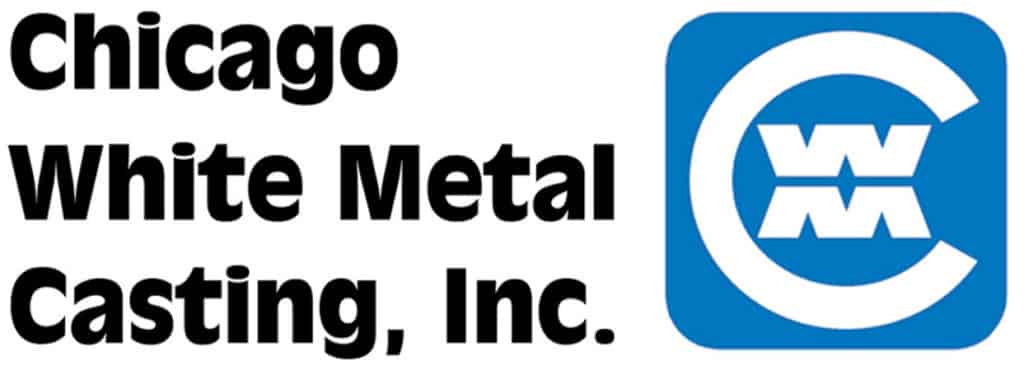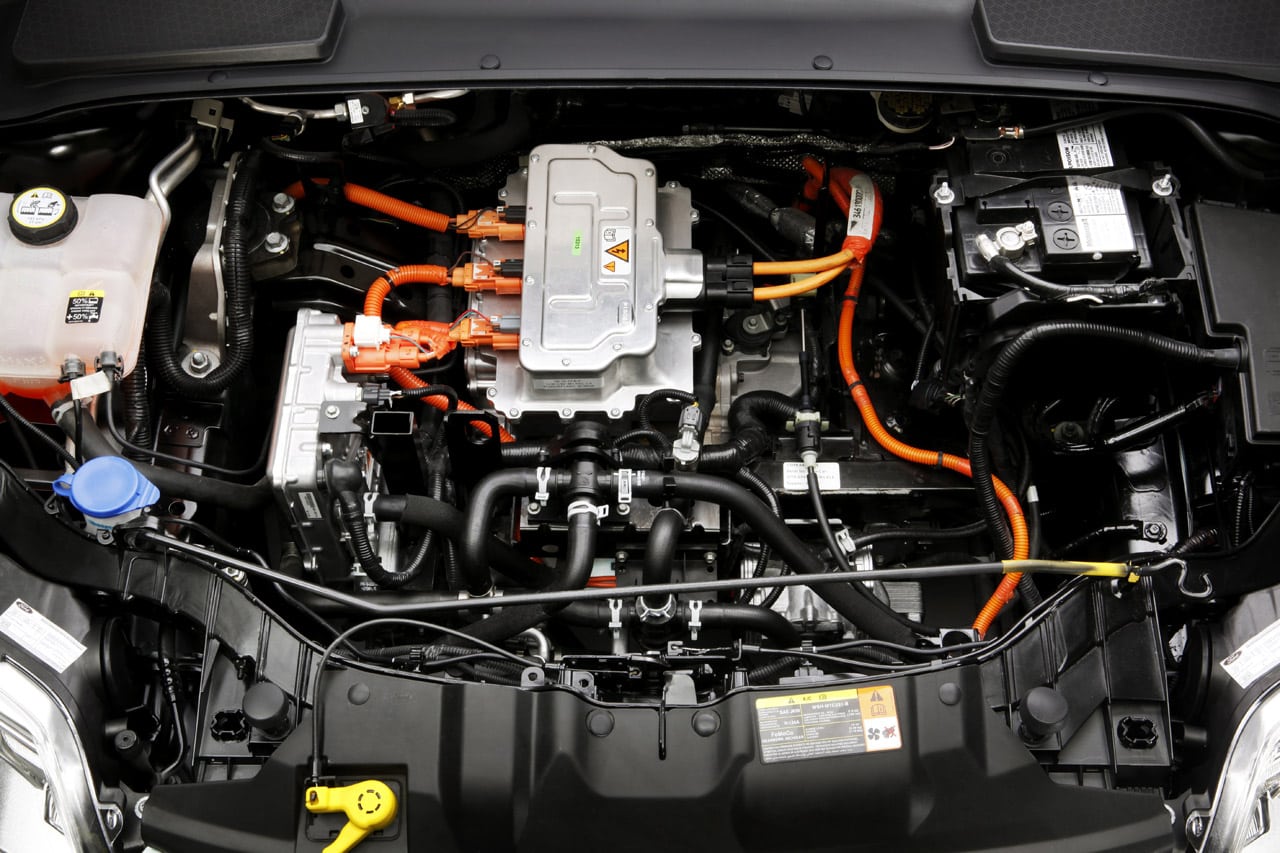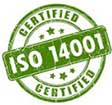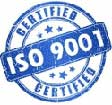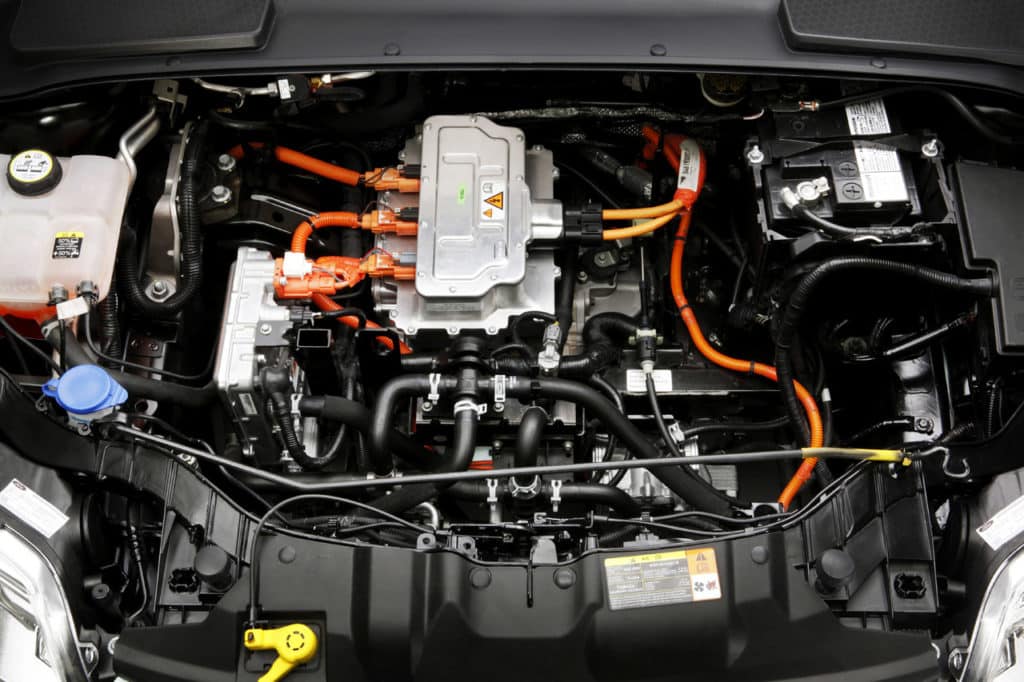
The automobile industry is the largest market for high pressure die casting components. The demand for electric vehicles has been rapidly growing thanks in large part to changes in emission norms worldwide and a shift in consumer preferences. These changes have pushed automakers to replace heavier components with lightweight, environmentally-friendly options made from alloys like Magnesium or Aluminum.
Reducing weight is significant for hybrid electric, plug-in hybrid electric, and electric vehicles, where battery efficiency is critical. Aluminum and Magnesium die cast components can dramatically reduce vehicle weight, which improves overall vehicle performance, increases fuel or battery efficiency, and extends driving range. Chicago White Metal is helping to fuel this evolution by casting complex shapes at near-net shape in high volumes and within tight tolerances using lightweight alloys.
Aluminum
Automakers who make electric or hybrid cars are increasingly turning to Aluminum due to its combination of excellent mechanical and physical properties at an attractive cost. In addition to weight reduction, high-pressure die cast aluminum alloys have added dimensional accuracy and stability – not to mention the added strength and high-speed production capabilities.
Lighter Weight and Good Malleability
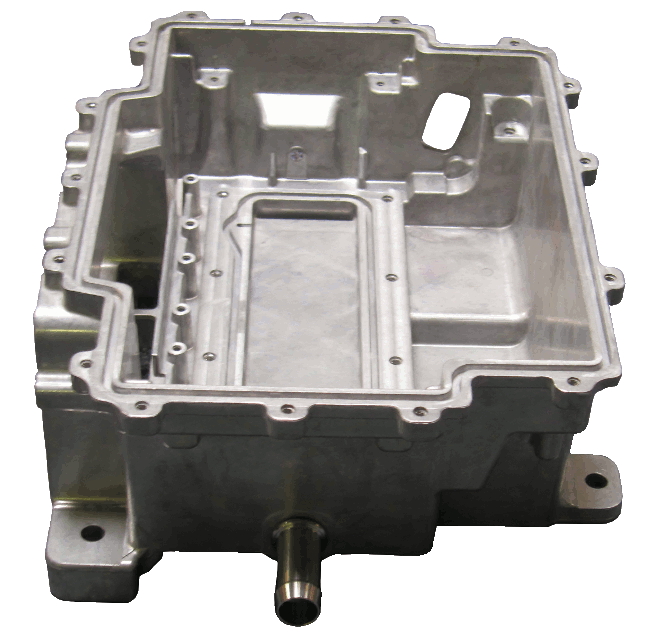
While not as light as Magnesium, Aluminum is still 1/3 the weight of steel, which goes a long way when it comes to reducing the weight of a vehicle. That’s why Aluminum die castings are replacing steel in structural and cosmetic body parts (i.e., vehicle bodies, hoods, doors, bumpers, crash boxes) in modern vehicles.
Malleability is also a significant factor as to why automakers are turning to Aluminum. It can be easily rolled into a sheet, formed as a stamping or extrusion, or welded. And it can be a high-pressure die cast, which allows for the rapid conversion of molten metal to a net shape 3-dimensional complex shape.
Aluminum is excellent for automotive applications when there’s a need for high visibility and structural integrity, such as in A-B-C pillars. While Aluminum is lighter than steel, it absorbs more energy, providing an extra layer of safety for the vehicle as well. Utilizing aluminum components can help reduce vehicle weight by as much as 40% without compromising the safety of the vehicle.
Magnesium
Magnesium was initially used in race cars in the 1920s to gain a competitive edge because of how lightweight it is. Now automakers use this lightweight alloy for applications like mirror housings, steering columns, driver’s airbag casings, seat frames, and dash encasings.
The auto industry’s quest for greater battery and fuel efficiency, along with demand for improved performance, has driven an increased interest in high-pressure die cast Magnesium alloys. These alloys include AZ91D with its excellent combination of mechanical properties and the highest strength to weight ratio of any structural metal.
Mg is 75% Lighter than Steel, 33% Lighter than Aluminum
Magnesium provides a drastic weight difference that supports its use as a durable metal alternative to steel and plastic. Unlike plastic, Magnesium’s properties do not degrade with temperature and UV light, and Magnesium is 100% recyclable. With its superior dampening capacity and low-mass inertia, Magnesium is well suited for parts designed for frequent and sudden changes in motion direction – making it ideal for car part design. Many part designers also prefer working with Magnesium because they can produce parts that are more complex than steel, without sacrificing strength.
Zinc
Although Zinc products are heavier than their Aluminum and Magnesium-based counterparts, they do have the highest yield strength of all three alloys. Zinc can also be cast thinner than any other metal and can hold extremely tight tolerance requirements. While Zinc might not be the best option when it comes to the light-weighting strategy, several Zinc-made applications are ideal for automotive design and structure.
The CWM Difference
Chicago White Metal Casting can cast all three families of alloys; Aluminum, Magnesium, and Zinc. Our technical expertise, combined with full-service capabilities and engineer design services, can provide automakers or part designers with die casting solutions that meet the challenges of their hybrid electric, plug-in hybrid electric, and electric vehicle part design.
Contact us today by filling out the form on this page or call +1 630-595-4424 to speak with a member of our team.
